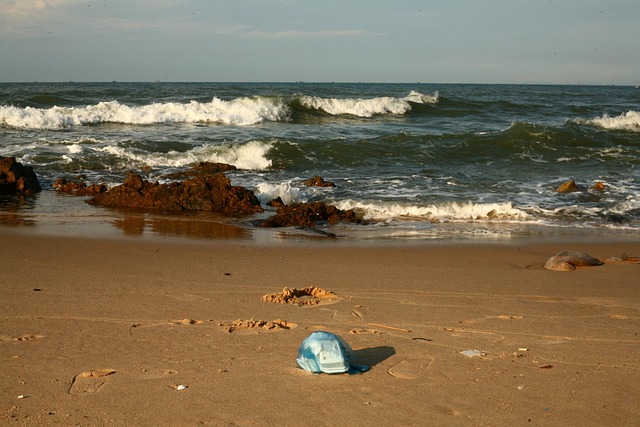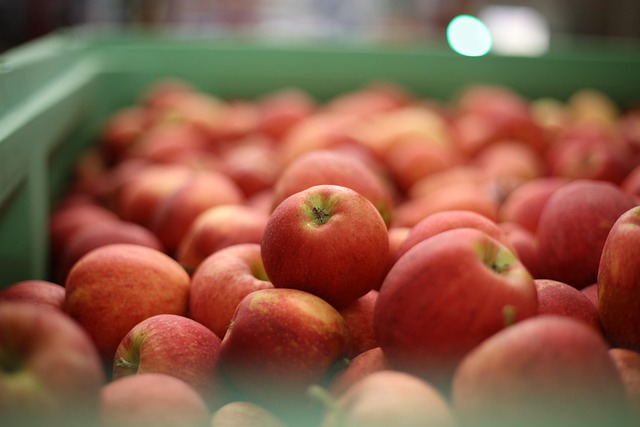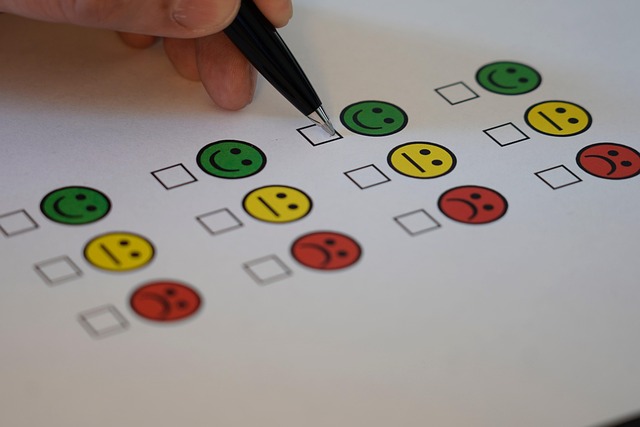
The Recycling Bin
Recycling is a crucial component of waste management that helps reduce the amount of waste sent to landfills and conserves natural resources. A recycling bin serves as the first step in this process, allowing individuals to separate recyclable materials from general waste. This article will explore the importance of recycling bins, how to use them effectively, and the types of materials that can be recycled.
The Importance of Recycling Bins
Recycling bins play a vital role in promoting environmental sustainability. By providing a designated space for recyclable materials, these bins encourage individuals to participate in recycling efforts. When used correctly, recycling bins can significantly reduce the volume of waste that ends up in landfills, thus minimizing environmental pollution and conserving resources.
How to Use a Recycling Bin Effectively
To maximize the benefits of recycling, it is essential to use recycling bins correctly. Here are some key guidelines:
- Know What to Recycle: Familiarize yourself with the materials accepted in your local recycling program. Common items include paper, cardboard, glass bottles, and certain plastics. However, not all plastics are recyclable, so it is crucial to check local guidelines.
- Keep it Clean: Rinse out containers before placing them in the recycling bin. Contaminated materials can spoil entire batches of recyclables, making them unsuitable for processing.
- Avoid Contamination: Do not place non-recyclable items in the recycling bin, such as plastic bags, polystyrene foam, or food waste. These items can cause issues at recycling facilities, leading to increased costs and potential hazards for workers.
- Use the Right Bin: Ensure that recyclables are placed in a designated recycling bin, which is often marked with a recycling symbol. In many cities, residents are provided with specific containers for recycling.
Types of Materials That Can Be Recycled
Understanding which materials can be recycled is essential for effective waste management. Here are some common recyclable materials:
- Paper: Newspapers, magazines, office paper, and cardboard can usually be recycled.
- Plastics: Many types of plastics, particularly those labeled with recycling codes 1 (PETE) and 2 (HDPE), are accepted in recycling programs. Always check local guidelines for specific requirements.
- Glass: Clear, green, and brown glass bottles and jars are typically recyclable.
- Metals: Aluminum cans, such as those used for beverages, and tin cans can be recycled.
Conclusion
Recycling bins are an essential part of the waste management process, encouraging individuals to participate in sustainable practices. By understanding how to use recycling bins effectively and knowing which materials can be recycled, individuals can contribute to a healthier environment. The act of recycling not only conserves resources but also fosters a sense of community responsibility towards the planet.

















 Barrel Lengths For Ar15
Barrel Lengths For Ar15 
 Health
Health  Fitness
Fitness  Lifestyle
Lifestyle  Tech
Tech  Travel
Travel  Food
Food  Education
Education  Parenting
Parenting  Career & Work
Career & Work  Hobbies
Hobbies  Wellness
Wellness  Beauty
Beauty  Cars
Cars  Art
Art  Science
Science  Culture
Culture  Books
Books  Music
Music  Movies
Movies  Gaming
Gaming  Sports
Sports  Nature
Nature  Home & Garden
Home & Garden  Business & Finance
Business & Finance  Relationships
Relationships  Pets
Pets  Shopping
Shopping  Mindset & Inspiration
Mindset & Inspiration  Environment
Environment  Gadgets
Gadgets  Politics
Politics 